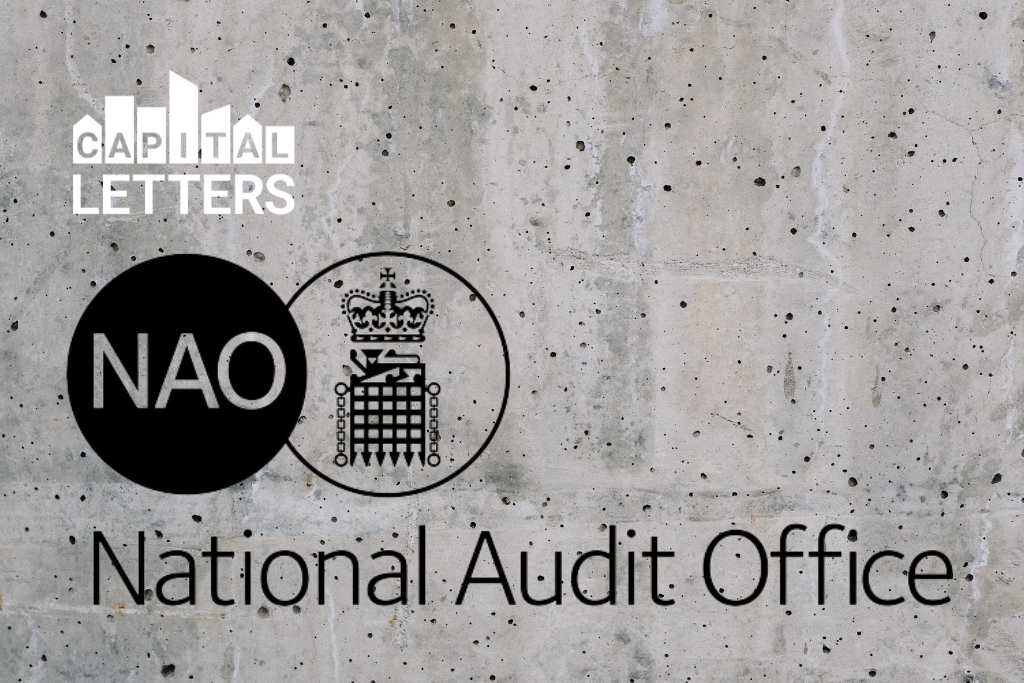
“It is unacceptable” that bed and breakfast accommodation is being used routinely by local authorities as temporary accommodation rather than as a last resort. That’s the view of the Public Accounts Committee. It’s also the view of Capital Letters… and if truth be told, it’s the view of the Local Authorities using the B&B accommodation.
Temporary accommodation should only be used for temporary accommodation i.e. the 6-week period the law allows local authorities to assess a household and if homeless, to find them an affordable, good quality, safe and secure home. However, the chain breaks at this initial point.
There aren’t enough homes, period, and there certainly aren’t enough properties that are used as temporary homes that aren’t hotels or B&B’s – the most expensive form of temporary accommodation. Part of that is down to 40 years of attrition in social and affordable housing – so no small issue, some of it is down to vulture capitalists taking obscene profits out of temporary accommodation budgets, some of it is down to the 40% real terms fall in Government grant to local councils over the last 15 years , some due to competing government departmental policies and the slow-down of housing association development programmes (for a myriad of reasons) reducing the number of social housing available to assist with the crisis.
There isn’t enough money to do anything that will make a difference, so more money is spent on emergency measures that benefit no-one other than a small number of unethical, unregulated, immoral investors who are taking 20% plus profits supplying temporary accommodation. Don’t forget, it is possible to be an ethical investor in Temporary Accommodation, and we work with organisations that do just that, but they are certainly not offering an annual 20% return.

The Public Accounts Committee intervention is a timely one, sounding the alarm bells loud and clear because the solutions need to be big and bold and completely joined up from department to department and involve oversight – from MHCLG to Treasury to DWP – all need to implement policies to positively enable investment and the removal of bad actors in the sector.
It’s good that these statements are being made at this level, but now we need to see the Governments housing and homelessness strategies – we need to see action.








